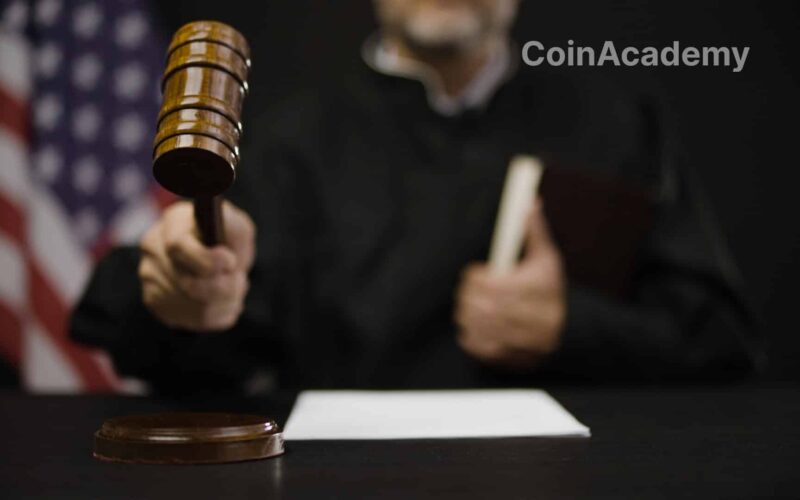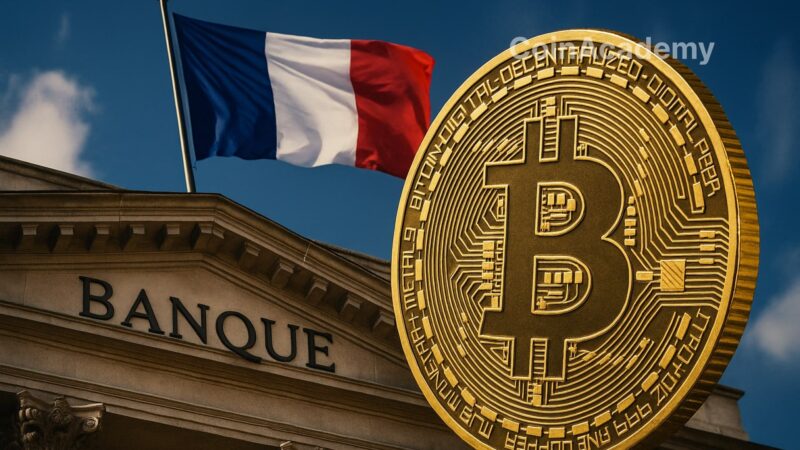Despite Beijing’s strict ban on cryptocurrencies and related activities, Chinese courts have recently taken a different direction. According to a recent report titled ‘Identification of Virtual Currency Ownership Attributes and Disposition of Assets Involved in the Case’, Chinese people’s courts have confirmed the legality of virtual assets within current policies. The courts believe that these assets possess economic attributes that qualify them as property. This position implies that technically, holders of virtual assets have property rights that are protected from interference by administrative or public organizations.
Virtual currency has economic characteristics and can be considered as property.
The Complexity of Crypto Crimes in China
The same report also offers suggestions for dealing with crimes involving virtual assets. Interestingly, the people’s courts suggest that cases should be handled based on the unification of criminal and civil legal orders. Since money and assets involved in cryptocurrency cases cannot be easily confiscated due to their decentralized nature, this recommendation aims to balance the protection of individual property rights with social and public interests.
Historical Points of Chinese Courts on Crypto
China’s policy on cryptocurrencies has always been contradictory and confusing. While the national position is undeniably hostile, Chinese courts have shown a contrasting perspective multiple times. For example, in September 2022, legal experts highlighted that Chinese cryptocurrency holders are protected by law against theft and breaches of loan agreements, despite the national ban. In May 2022, a Shanghai court went ahead to assert that Bitcoin is qualified as a virtual property, thus granting it legal ownership rights.
The Underlying Conflict: Government Policy vs. Judicial Position
China’s ambivalent position on digital assets has had varied impacts. Following the total ban, Bitcoin mining in China dropped to zero but then rebounded to claim the second spot in less than a year. This paradox indicates that while the state can harden its position, the judiciary and perhaps the general public seem ready to embrace a more nuanced perspective.




